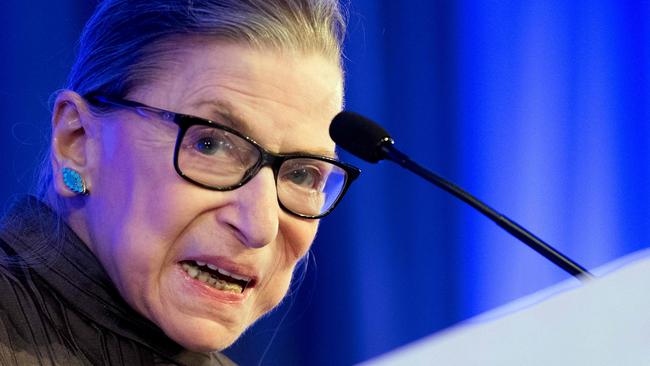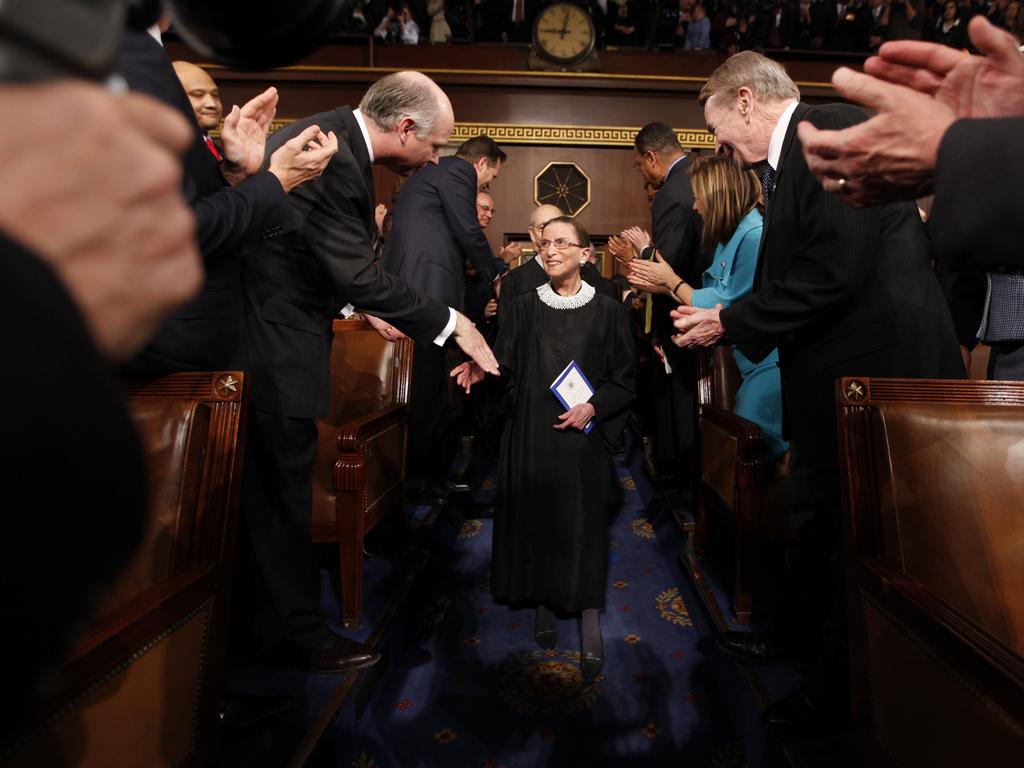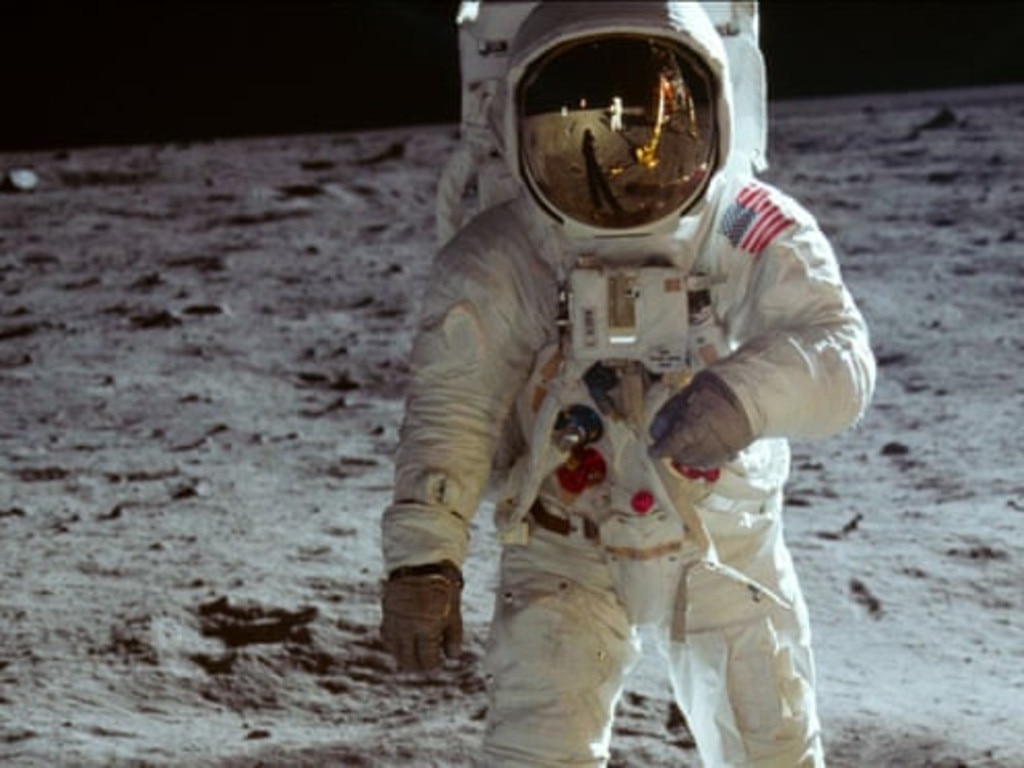US election 2020: Ruth Bader Ginsburg’s death affects everything in last stretch of campaign
This year’s October surprise just arrived, two weeks early, with the death of Supreme Court Justice Ruth Bader Ginsburg. And it’s actually far more than a surprise: It is a shock to the system, and to a country that hardly seems able to absorb one more in a year already filled with them.
In sheer political terms, what will the death of Justice Ginsburg affect in the campaign stretch run? Everything.
Most immediately, it opens the door for an explosive new issue in a campaign already reeling from the triple whammies of a coronavirus pandemic, the economic slide the virus created, and broad racial ferment. Senate Majority Leader Mitch McConnell promptly announced that, if President Trump nominates a replacement, the Senate will vote upon that replacement — although he didn’t say whether that vote would come before the election or afterwards in a lame-duck session.
Because Sen. McConnell declined to move forward with the Democratic nomination of Merrick Garland in the waning days of President Barack Obama’s term, that guarantees angry outcries from Democrats of a double standard. That, in turn, will set off an emotional fight that will rival the other giant issues already on America’s plate. In short, the political turmoil of 2020 now is guaranteed to grow further.
Among other things, the question of how the Senate handles this moment will be injected into every closely contested Senate race, in a year in which control of the chamber is very much up for grabs.
It will colour the atmosphere in the re-election races of three Republicans in particular: Sen. Lindsey Graham of South Carolina, who is chairman of the Judiciary Committee that would handle any nomination; Sen. Susan Collins of Maine, a Judiciary Committee member and political moderate whose support for the nomination of Justice Brett Kavanaugh stirred a backlash for her among some voters back home; and Sen. McConnell himself, who is a heavy favourite to win re-election yet still faces a well-financed opponent.

In addition, a confirmation hearing would create the spectacle of Sen. Kamala Harris, the Democrats’ vice presidential nominee, operating in the midst of the confirmation fight, because she also sits on the Judiciary Committee. The opening on the Court, and the debate over a quick replacement, also raises the question of the size and shape of a Supreme Court that might be called upon to settle disputes over the outcome of this fall’s presidential election.
More broadly, the sudden arrival of the Supreme Court atop the fall campaign agenda will ramp up interest in the election among activists on both the left and the right, for whom the future of the Supreme Court and its role in shaping American culture is already of high importance. For these activists, there is no more important question than the one now put on graphic display: whether a Republican or a Democratic president will appoint new justices, not just now but in the years ahead.
Conservatives have long seen the departure of Justice Ginsburg as the chance to seal a conservative majority for years to come — and liberals have been fearing exactly the same thing, if her departure came before Democrats had won back the White House.
Traditionally the future of the Court has generated more intensity among conservatives; one sign of that came just days ago, when President Trump, in an effort to generate enthusiasm on the right, released a list of candidates from which he would pick a new Supreme Court Justice. His Democratic rival, Joe Biden, now will be under pressure to match that step.
Moreover, while the future of the Supreme Court always was an issue for social-issue activists on both sides, the death of Justice Ginsburg guarantees that the Court now will become an issue for a far broader range of voters. Whether that works to the benefit of Democrats or Republicans is an open question, and a crucial one.

This all will unfold in a period in which the link between presidential and Senate voting has never been stronger. Over the last decade, voters have tended, far more than previously, to vote for candidates of the same party for the presidency and for Senate seats in their state. In fact, four years ago, in 2016, every one of the 34 Senate seats on the ballot was won by the same party that won the presidential contest in that state.
As a result, it’s no exaggeration to say that the party that is more energised by the Supreme Court argument about to unfold has an enhanced chance of winning both the White House and control of the Senate — which is to say, to win control of the main levers of power in Washington for at least the next few years.
Thus, in a year already brimming over with high drama, deep emotions and angry debate, there now is certain to be more of the same.
The Wall Street Journal







Every four years, the political world speculates about an October surprise that might shake up the presidential campaign in its final stages.